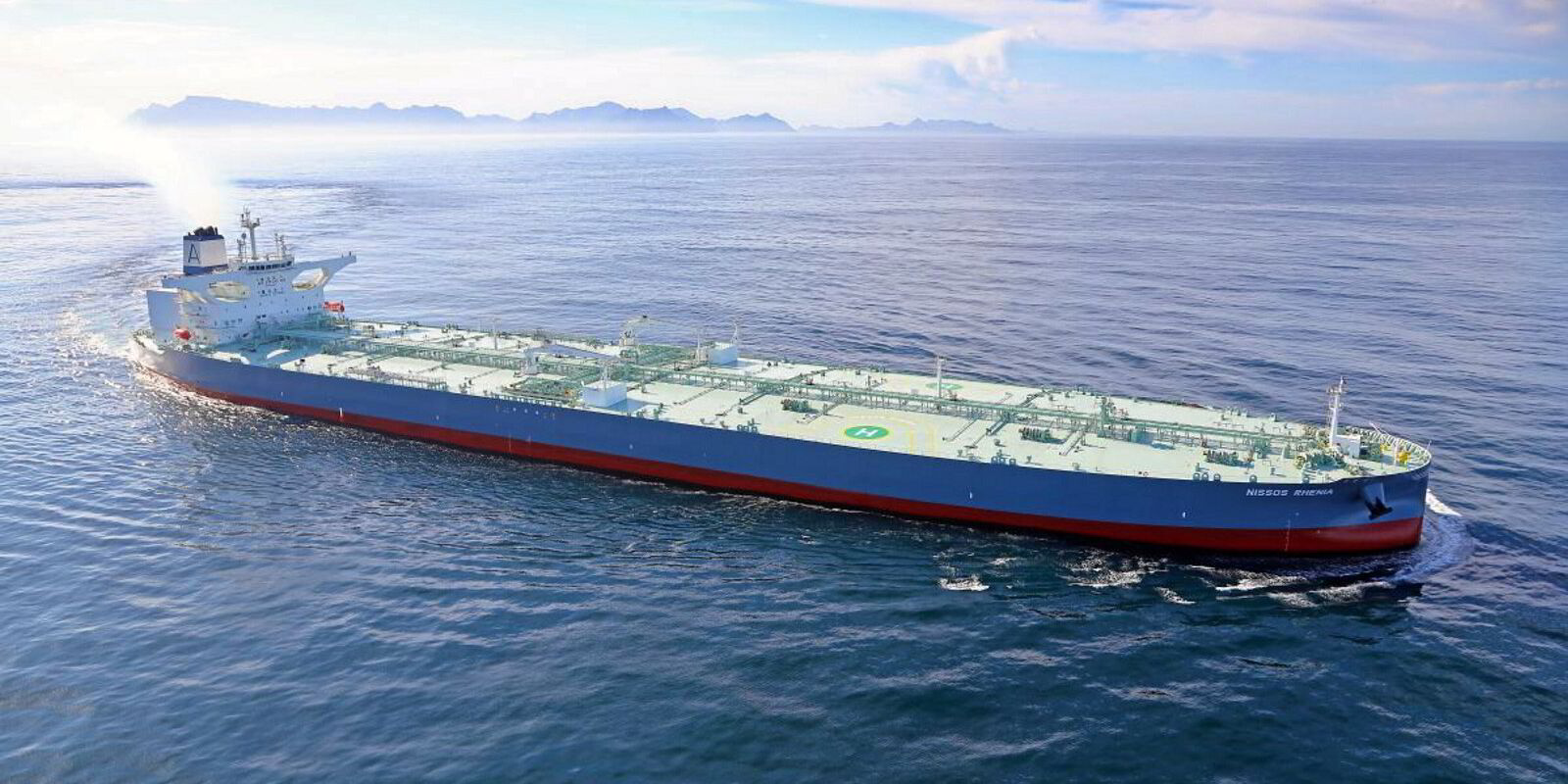Independent Chinese refiners are turning away from Iranian oil imports, potentially boosting tonne-miles for mainstream crude tankers.
Traders told Bloomberg that the private “teapot” plants are looking to bring in more barrels from elsewhere in the Middle East, but also West Africa, a longer-haul route.
Sources said Iranian supplies are more scarce and more expensive, partly due to widening US sanctions.
One large Chinese refiner was said to have bought 10m barrels from Abu Dhabi and Qatar, the equivalent of 10 suezmax or five VLCC cargoes.
The stems will load next month and in January, helping producers shift oil left over from previous trading cycles.
Teapot refiners usually take 90% of Iran’s oil.
The prospect of tougher measures from a new Trump administration in the US is causing importers to shy away from Iran, Energy Aspects said.
In addition, sanctions are believed to have reduced the number of tankers available for ship-to-ship transfers of Iranian oil.
Oil analytics company Kpler said Iran has exported 10% less oil to China in November.
By contrast, West African volumes are at their highest level for two years, partly driven by the spike in Iranian oil prices, Singapore’s Sentosa Ship Brokers said.
VLCC rates hit
Busy trading activity linked to the Dubai market earlier this year led to the delivery of cargoes that went unconsumed, traders told Bloomberg.
New buyers needed to be found, they added.
VLCCs heading from the Middle East to Asia earned $23,600 per day on Thursday, according to the Baltic Exchange.
This is down 28% from the same point a week ago.
In West Africa, vessels are being fixed at $31,800 into Asia, down 13% over the past seven days.



